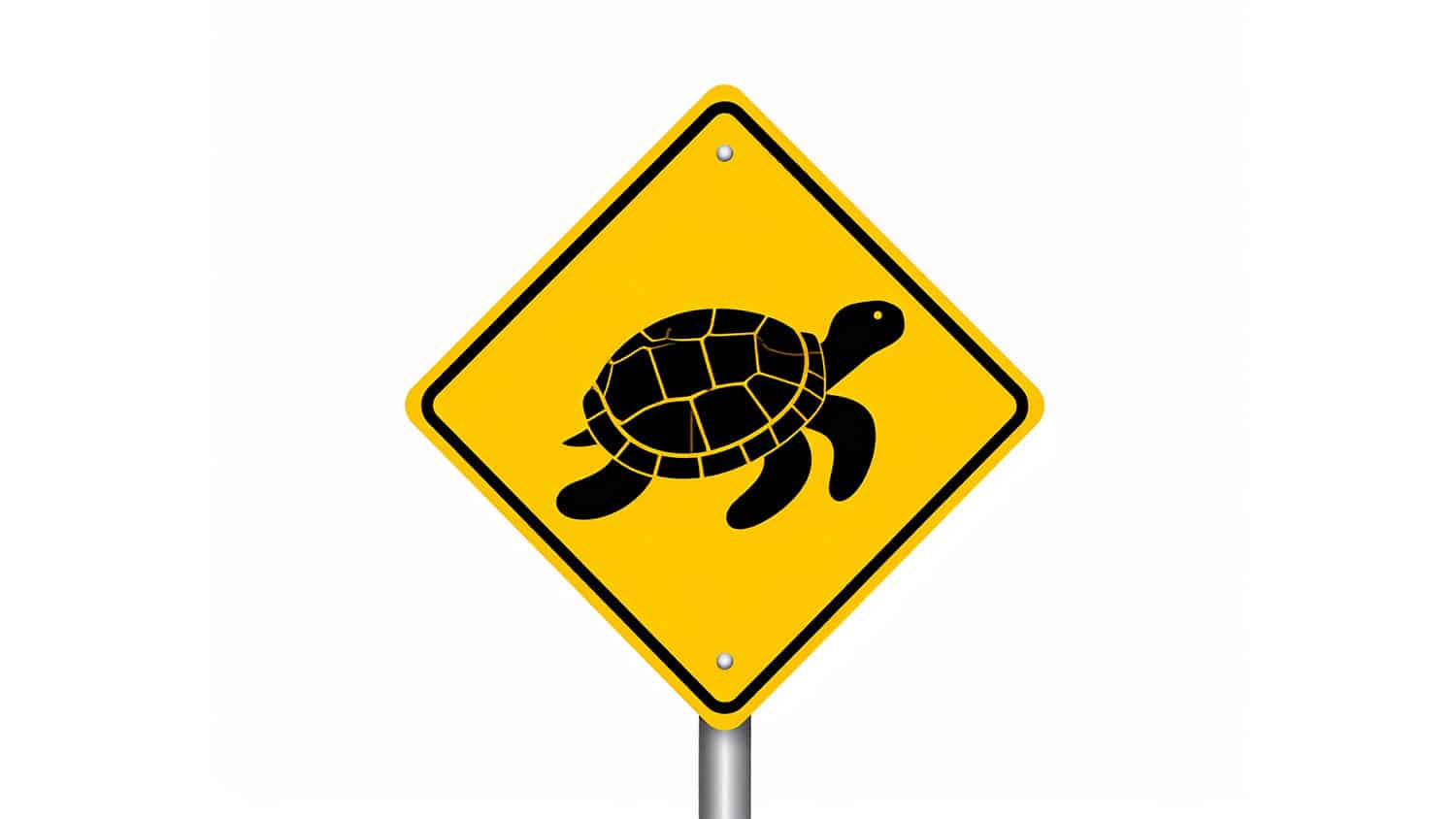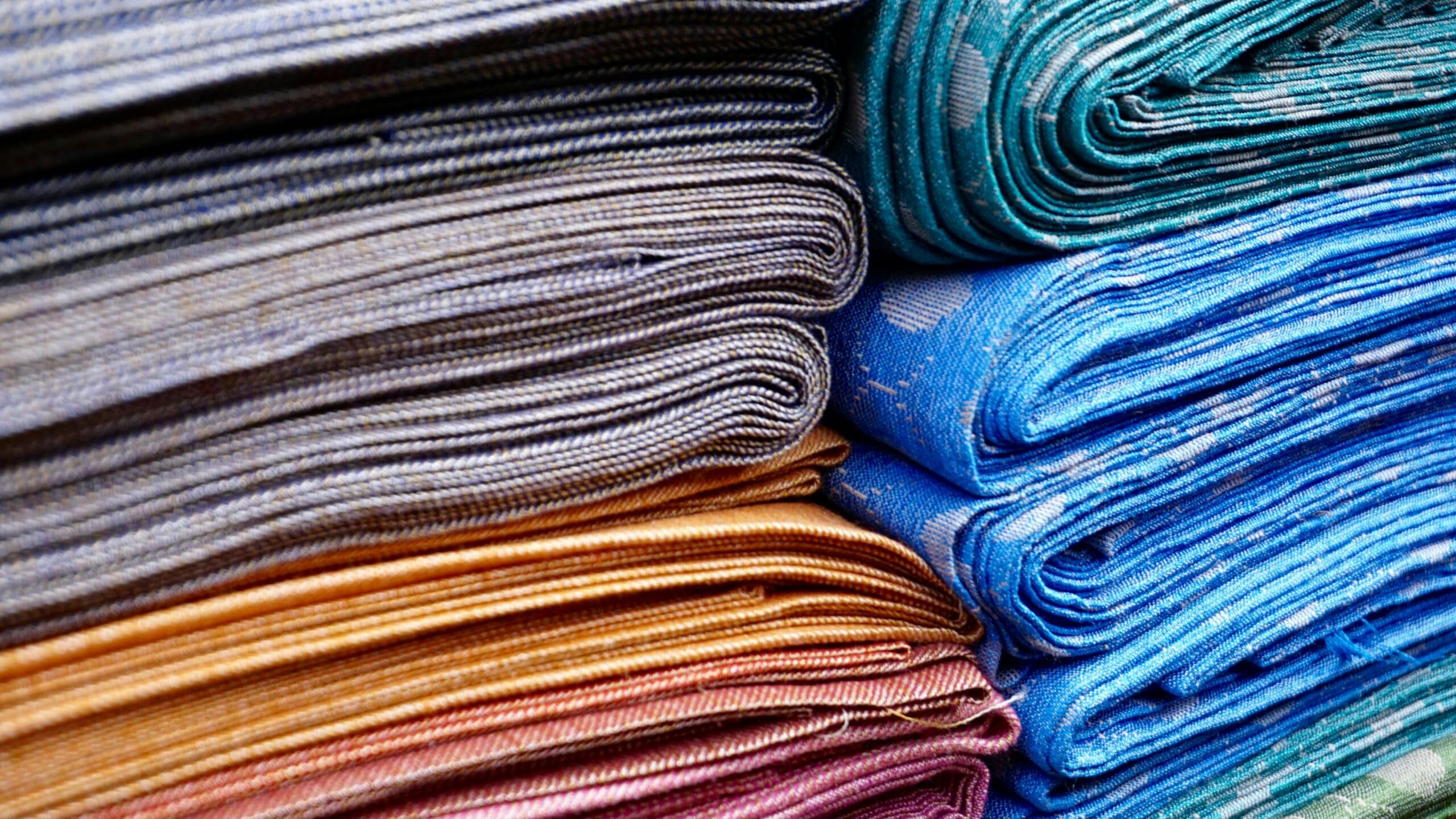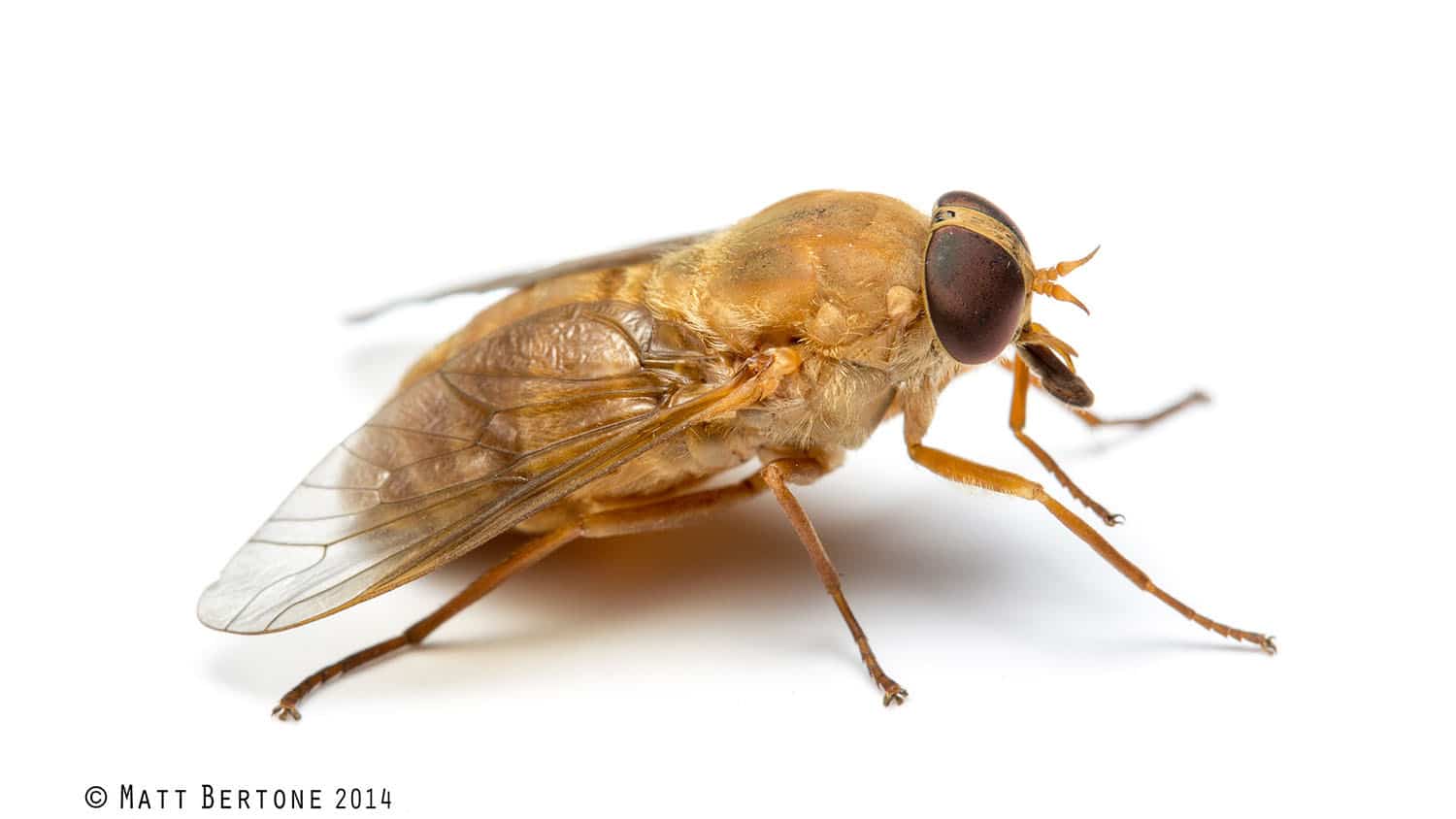This Is What Science Looks Like at NC State: Margarita López-Uribe
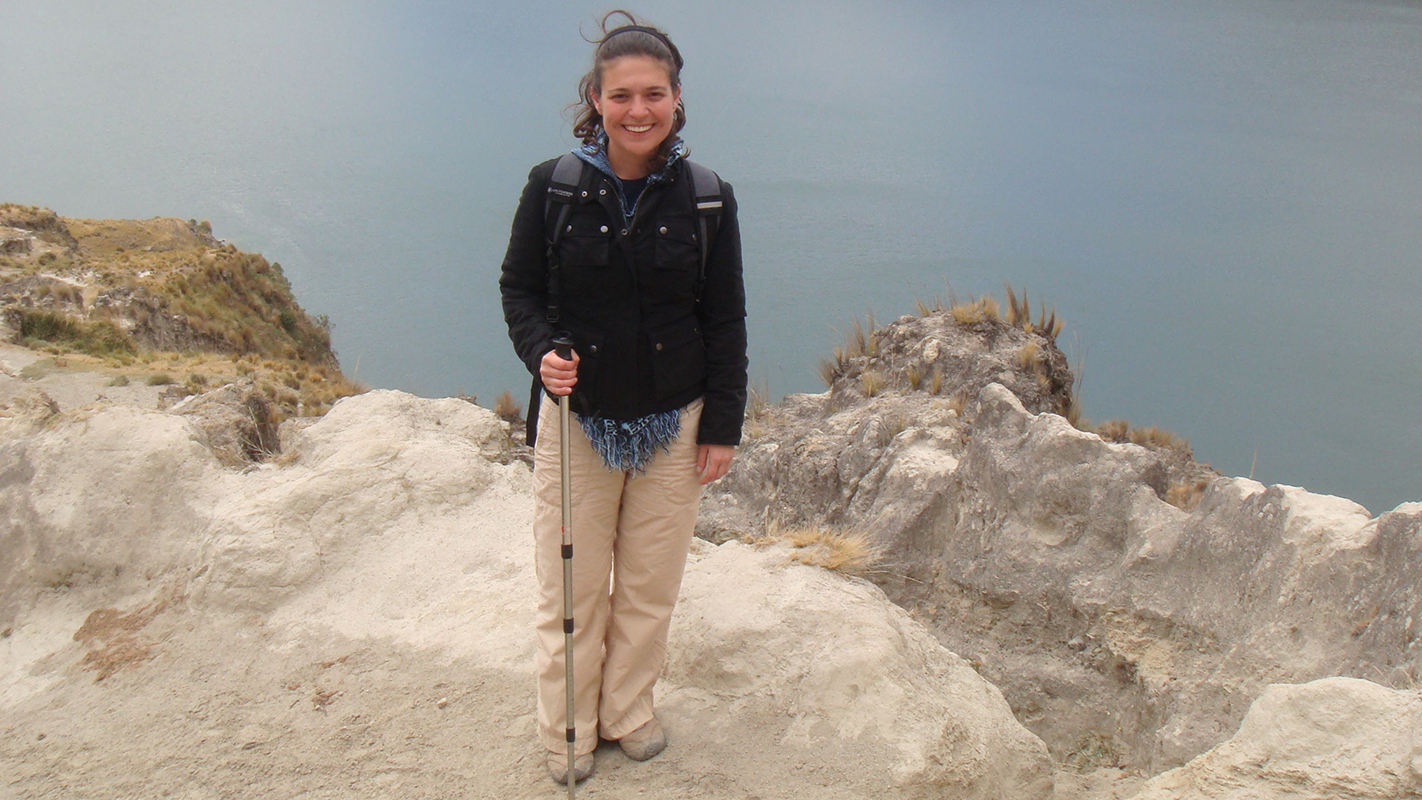
Editor’s Note: This post was written by Margarita López-Uribe, a postdoctoral entomology researcher at NC State. The post is an entry in an ongoing series that we hope will highlight the diversity of researchers in science, technology, engineering and mathematics. The series was inspired by the This Is What A Scientist Looks Like site.
As an entomologist, I love insects – but my true passion is bees. Unlike most insect scientists I know, I was not a kid that used to collect bugs and loved to spend time in the wild. I grew up in a medium-size city in Colombia (South America), and I used to be as scared of insects as one can possibly be. However, I always wanted to be a scientist and following that dream I started college as a microbiologist and then switched to biology. It was then that I found my passion for nature. I fell in love with bees when I was in the Amazon rainforest for an entomology course that I took as an undergraduate student at Universidad de los Andes in Colombia.
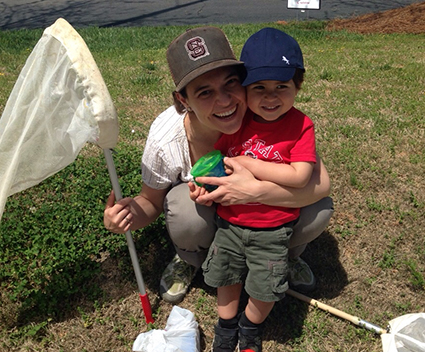
During that trip to the Amazon, I saw an orchid bee for the first time in my life. They are amazing creatures that have long tongues—so long they look like bee tails—and green metallic colors. I could not believe that it was a bee. Unlike what most people think (including myself at the time), not all bees look like honey bees. In fact, there are more than 20,000 species of bees worldwide, and they come in different colors, sizes and shapes.
Besides being incredibly diverse, bees have a very important ecological role. Bees are the most important pollinators of flowering plants, including many of the ones we eat. About 70 percent of all foods require bee pollination. Unfortunately, bee populations have been in decline over the last few decades, raising concerns about the serious problems that the world would face if we were to lose pollinators. Lack of pollination would have a direct negative impact on food security and, most importantly, it would preclude plant reproduction in most ecosystems on the planet.
I have dedicated my academic career to studying bees. As a masters student at Universidade Federal de São Carlos in Brazil, I studied the dispersal and foraging behavior of bees in urban areas. Then, I went to the Smithsonian Tropical Research Institute to radio-track bees in the wet forest of Panama. After that, I moved to Ithaca (New York) to obtain my doctorate degree in entomology at Cornell University. During my Ph.D., I quantified migration rates and patterns of dispersal in multiple native bee species in North and South America. All of these studies are helping us understand how far bees can move to mate or look for food.
Now, as a postdoc at NC State, I am studying diseases and the immune systems of native bees in urban areas. I am trying to understand how “healthy” native bees that live in cities are, and whether or not certain factors of urban areas—such as heat, scarce foods, and high density of human constructions—make bees more susceptible to acquiring and transmitting diseases.
I am also keen on raising public awareness about the problem of pollinator loss. As a grad student and now as a postdoc, I have been actively involved in outreach and public education through the Naturalist Outreach program at Cornell University and as a co-organizer of workshops such as “Gardening for Native Bees” here at NC State.
My other full-time job is being a mom. I have a two-year-old named Tiago who enjoys collecting bees with me. He can already distinguish at least a handful of the local bees in the Raleigh area.
- Categories:
